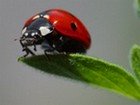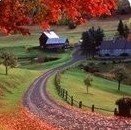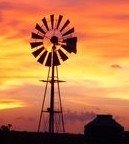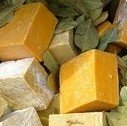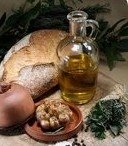very nice explanation on how to prune roses
I would like to know when does one water the rose plants after pruning in the fall.
****************************************************
Nisa, after pruning your roses you need to make sure that you water and feed your roses well. This will encourage strong growth and a good show of blooms the following growing season.
Roses, in general love water, and really suffer if there is a drought or you withhold water at any time. In the summer months, when the weather gets really hot, don't be shy in giving your roses iced water. They love it!
My mother grew beautiful roses in South Africa, feeding them regularly with cow manure, and foliar feeding them with a seaweed extract. In the hot summer weather, she gave them iced water and they never looked back.
Happy gardening and wishing you all the best with your rose gardening.
Regards
Kathryn
Countryfarm Lifestyles
Comments for very nice explanation on how to prune roses
|
||
|
||
|
||
Did you find this page helpful?
Sharing is a way of saying, "Thanks!"
Follow Us and Keep Up to Date
Go back to the Home Page
